How to Tell If Your Air Conditioner Is Draining Too Little or Too Much Water
Air conditioning systems are a common feature in many homes and businesses today. These systems remove heat and moisture from indoor spaces to provide occupants with a comfortable and healthy environment. However, one of the most critical aspects of air conditioning that is overlooked is the water drainage system. This system removes the moisture the air conditioning unit collects, which can otherwise lead to mold, bacteria, and other harmful contaminants.
This blog post will explore the importance of proper water drainage in air conditioners, the common problems associated with poor drainage, and how to tell if your air conditioner is draining too little or too much water. We will also provide tips for troubleshooting and addressing the problem and regular maintenance and inspection recommendations.
Why Proper Water Drainage Is Critical for Air Conditioning
Air conditioning systems are designed to extract moisture from indoor air to provide a comfortable and healthy living or working environment. As air circulates through the system, it passes over the evaporator coil, where the refrigerant absorbs the heat and moisture from the air. The resulting condensation drips into the drain pan, collects, and channels away from the unit.
For several reasons, proper water drainage is essential for the effective operation of air conditioning systems:
- Excessive moisture buildup can lead to mold and bacterial growth within the system. These contaminants can spread through the air, causing health problems such as allergies, asthma, and respiratory infections.
- Stagnant water can attract insects, rodents, and other pests, which can cause damage to the system and pose a health hazard to occupants.
- Inadequate water drainage can cause the unit to work harder than it needs to, leading to reduced energy efficiency, increased wear and tear, and higher repair costs.
How to Tell If Your Air Conditioner Is Draining Too Little Water
Several signs and symptoms indicate your air conditioner may be draining too little water. These include:
- Water stains or puddles around the unit: If you notice water pooling around your air conditioner, it may be a sign that the drainage system is clogged or not working correctly. This can lead to water damage, mold growth, and other problems.
- Unpleasant odors: If your air conditioner is not draining water correctly, it can lead to mold and bacteria buildup within the system. This can cause unpleasant odors to circulate through your home or business.
- Reduced cooling performance: Inadequate water drainage can cause your air conditioner to work harder than it needs to, reducing its cooling performance and energy efficiency.
- Ice buildup on the unit: If you notice ice forming on the air conditioner, it may be a sign that the drainage system is not working correctly. This can cause the unit to shut down or even cause damage to the compressor.
If you notice any of these signs, it is essential to take action to address the problem promptly. The longer you wait, the more damage the system can sustain, leading to higher repair costs and potential health hazards.
Causes of Low Water Drainage
Several factors can cause low water drainage in air conditioning systems. These include:
- Clogged drain line: Over time, debris such as dirt, dust, and other particles can accumulate in the drain line, leading to clogs that prevent water from flowing out of the unit.
- Damaged drain pan: If the drain pan is cracked or damaged, water can leak out of the system instead of flowing into the drain line.
- Incorrect installation: If the air conditioner is not installed correctly, the drain line may not be angled correctly, leading to poor drainage.
Consequences of Inadequate Water Drainage
If your air conditioner is not draining water correctly, it can lead to a variety of consequences, including:
- Mold and bacterial growth: Stagnant water within the system can provide an ideal environment for mold and bacteria to grow. This can lead to unpleasant odors, respiratory problems, and other health hazards.
- Water damage: If water is not draining correctly, it can pool around the unit, leading to water damage to floors, walls, and other surfaces.
- Reduced energy efficiency: When your air conditioner is not draining water correctly, it can cause the unit to work harder than it needs to, reducing energy efficiency and increasing energy bills.
How to Tell If Your Air Conditioner Is Draining Too Much Water
While inadequate water drainage is a common problem with air conditioning systems, it is also possible for the unit to drain too much water. Some signs that your air conditioner may be draining too much water include:
- Water pooling outside the unit: If you notice a large amount of water pooling outside the unit, it may be a sign that the air conditioner is draining too much water.
- Increased humidity levels: If your indoor environment feels overly humid, it may be a sign that your air conditioner is draining too much water.
- Reduced cooling performance: If your air conditioner is draining too much water, it can cause the unit to work harder than it needs to, reducing its cooling performance and energy efficiency.
Causes of Excessive Water Drainage
Excessive water drainage in air conditioning systems can be caused by several factors, including:
- Oversized unit: If your air conditioner is too large for the cooling space, it may remove more moisture than necessary.
- Low indoor temperature: If the indoor temperature is set too low, it can cause excessive condensation within the system.
- High humidity levels: If the indoor humidity levels are too high, it can cause the air conditioner to work harder to remove moisture from the air.
Consequences of Excessive Water Drainage
While excessive water drainage may not seem like a significant issue, it can lead to several problems, including:
- Reduced energy efficiency: When your air conditioner drains too much water, it can cause the unit to work harder than it needs to, reducing its energy efficiency and increasing energy bills.
- Water damage: If the air conditioner removes too much moisture, it can cause water damage to floors, walls, and other surfaces.
- Reduced cooling performance: If your air conditioner removes too much moisture from the air, it can cause the unit to work harder than it needs to, reducing its cooling performance and lifespan.
What to Do If Your Air Conditioner Is Draining Too Little or Too Much Water
If you suspect that your air conditioner is not draining water correctly, it is essential to take action to address the problem promptly. Here are some steps you can take:
- Check the drain line: If you suspect that the drain line is clogged, you can try using a wet/dry vacuum to remove debris or flushing the line with water.
- Inspect the drain pan: If it is cracked or damaged, it may need to be replaced.
- Adjust the indoor temperature: If your air conditioner is draining too much water, try adjusting the indoor temperature to reduce condensation.
- Schedule regular maintenance: Regular maintenance can help prevent water drainage problems by ensuring the system is clean and functioning correctly.
Conclusion
Proper water drainage is critical for the effective operation of air conditioning systems. Whether your air conditioner is draining too little or too much water, it is essential to address the problem promptly to avoid health hazards, water damage, and reduced energy efficiency. Following the tips and recommendations in this blog post, you can help ensure that your air conditioning system works correctly and provides a comfortable and healthy indoor environment. Regular maintenance and inspection are also essential to prevent water drainage problems and extend the lifespan of your air conditioning system. By taking a proactive approach to air conditioning water drainage, you can avoid potential problems and enjoy the benefits of a well-functioning and efficient system.

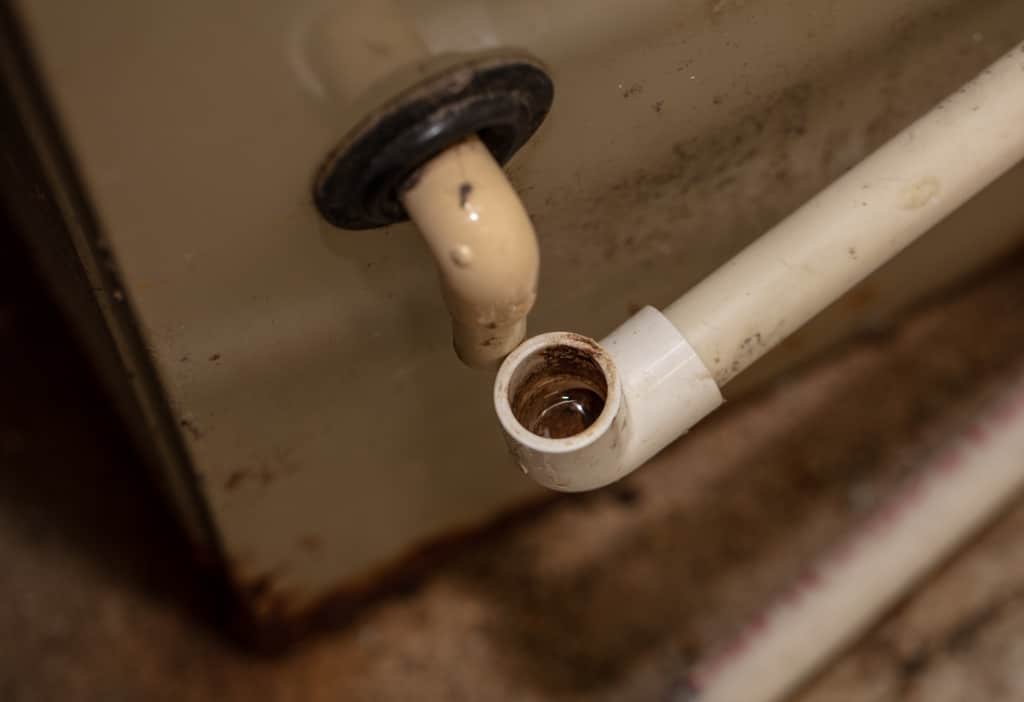
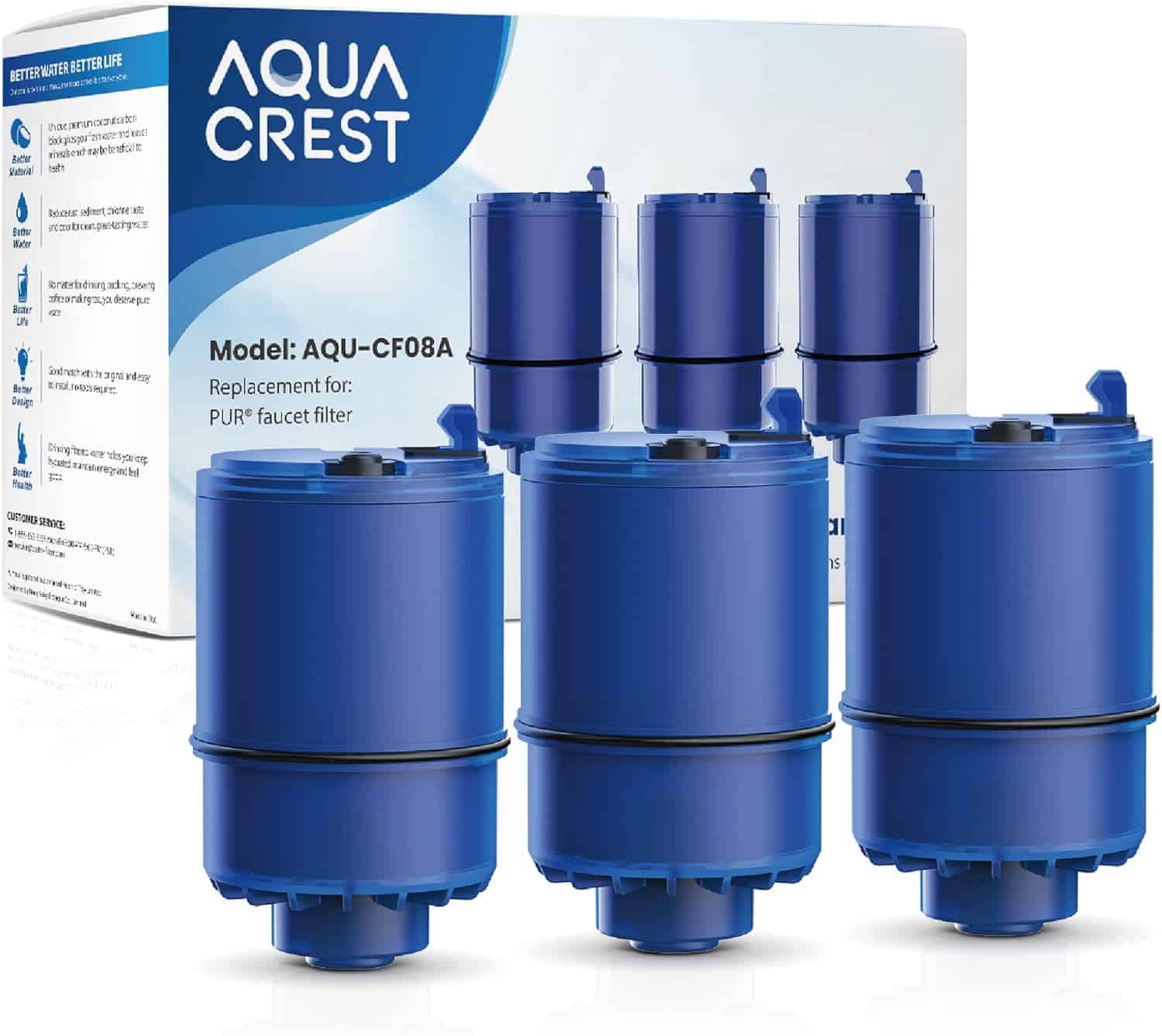
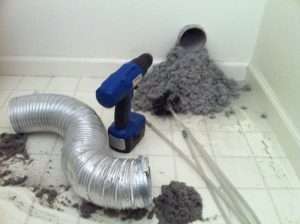
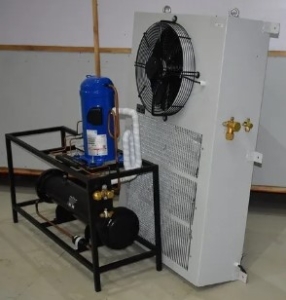
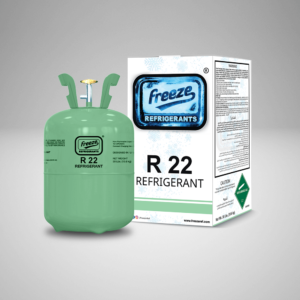

Pingback: Air Conditioning Drainage Is Important, Learn Why